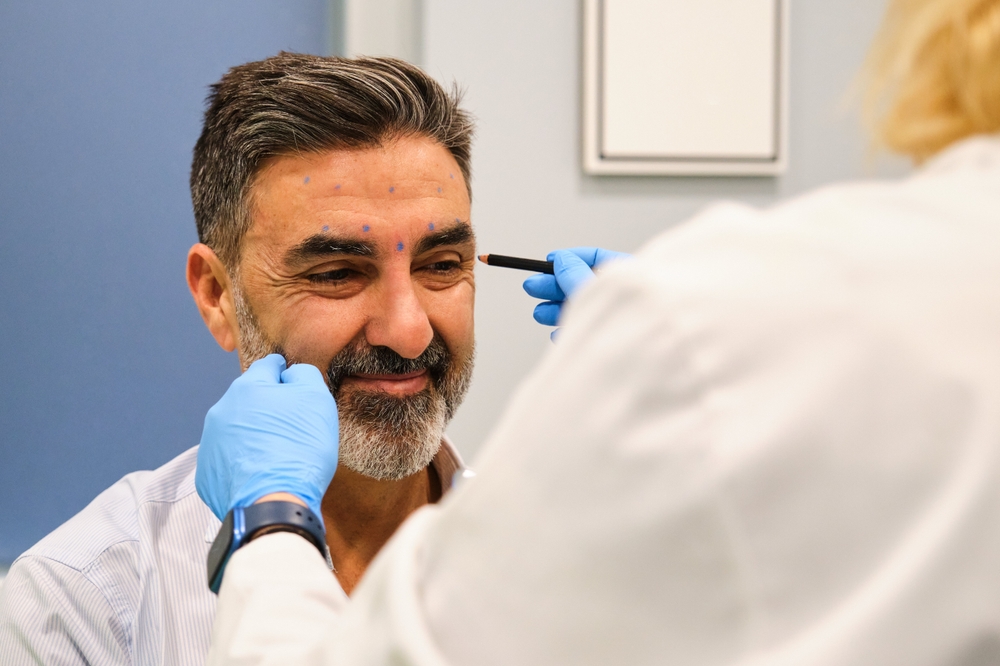Turmeric is a yellow-pigmented curry spice that is often used in Indian cuisine. But this spice is far more than a cooking staple. It also has a long history of medicinal use in traditional Chinese medicine (TCM) as well as Ayurvedic medicine. Traditional medicinal uses include the treatment of liver disease, skin problems, respiratory and gastrointestinal ailments, sprained muscles, joint pains, and general wound healing.
Its benefits have since been well documented in the medical literature, and curcumin-one of the most well-studied1,2 bioactive ingredients in turmeric– has been found to promote health and protect against a wide array of health conditions. It actually exhibits over 150 potentially therapeutic activities, including anti-inflammatory and antimicrobial activity, as well as potent anti-cancer properties that have been intensely studied.
Turmeric May Help Combat Alzheimer’s Disease and Other Inflammatory Conditions
Curcumin is capable of crossing your blood-brain barrier, which is one factor that has led researchers to investigate its potential as a neuroprotective agent for neurological disorders such as Parkinson’s and Alzheimer’s disease. The potent antioxidant and anti-inflammatory properties of curcumin suggests it may also promote brain health in general. In the case of Alzheimer’s, recent animal research has discovered another bioactive ingredient in turmeric, besides curcumin, that adds to its neuroprotective effects.
This compound, called aromatic turmerone, help endogenous neutral stem cells (NSC) to grow, and these stem cells play an important role brain repair and regeneration activities. According to lead author Adele Rueger: “While several substances have been described to promote stem cell proliferation in the brain, fewer drugs additionally promote the differentiation of stem cells into neurons, which constitutes a major goal in regenerative medicine. Our findings on aromatic turmerone take us one step closer to achieving this goal.”
Curcumin may also be helpful. Previous research has shown that curcumin helps inhibit the accumulation of destructive beta-amyloids in the brain of Alzheimer’s patients, as well as break up existing plaques associated with the disease. People with Alzheimer’s tend to have higher levels of inflammation in their brains, and curcumin is perhaps best known for its potent anti-inflammatory properties. It can inhibit both the activity and the inflammatory metabolic byproducts of cyclooxygenase-2 (COX2) and 5-lipooxygenase (5-LOX) enzymes, as well as other enzymes and hormones that modulate inflammation.
Another common condition that can benefit from curcumin’s anti-inflammatory activity is osteoarthritis. Researchpublished in 2011 found that patients who added 200 mg of curcumin a day to their treatment plan had reduced pain and increased mobility compared to the control group. Earlier research also found that a turmeric extract blocked inflammatory pathways, effectively preventing the launch of a protein that triggers swelling and pain.
Curcumin Appears to Be Universally Useful for All Cancers
Among the most exciting benefits of turmeric is its potent anti-cancer activity. Curcumin actually has the most evidence-based literature supporting its use against cancer of any other nutrient, including vitamin D! As noted by Dr. William LaValley, one of the leading natural medicine cancer physicians, curcumin is unique in that it appears to be universally useful for just about every type of cancer. This is odd, considering the fact that cancer consists of a wide variety of different molecular pathologies. One reason for this universal anti-cancer proclivity is curcumin’s ability to affect multiple molecular targets, via multiple pathways.
Once it gets into a cell, it affects more than 100 different molecular pathways. And, as explained by Dr. LaValley, whether the curcumin molecule causes an increase in activity of a particular molecular target, or decrease/inhibition of activity, studies repeatedly show that the end result is a potent anti-cancer activity. Moreover, curcumin is non-toxic, and does not adversely affect healthy cells, suggesting it selectively targets cancer cells-all of which are clear benefits in cancer treatment. Research has even shown that it works synergistically with certain chemotherapy drugs, enhancing the elimination of cancer cells.
We have used a high-quality turmeric product in our office to assist in successfully helping people with inflammatory conditions and autoimmune issues as part of a holistic approach to improving health. If you would like to learn more, please contact our office to come in and speak to one of the doctors to see if it may be beneficial for you!
Its benefits have since been well documented in the medical literature, and curcumin-one of the most well-studied1,2 bioactive ingredients in turmeric– has been found to promote health and protect against a wide array of health conditions. It actually exhibits over 150 potentially therapeutic activities, including anti-inflammatory and antimicrobial activity, as well as potent anti-cancer properties that have been intensely studied.
Turmeric May Help Combat Alzheimer’s Disease and Other Inflammatory Conditions
Curcumin is capable of crossing your blood-brain barrier, which is one factor that has led researchers to investigate its potential as a neuroprotective agent for neurological disorders such as Parkinson’s and Alzheimer’s disease. The potent antioxidant and anti-inflammatory properties of curcumin suggests it may also promote brain health in general. In the case of Alzheimer’s, recent animal research has discovered another bioactive ingredient in turmeric, besides curcumin, that adds to its neuroprotective effects.
This compound, called aromatic turmerone, help endogenous neutral stem cells (NSC) to grow, and these stem cells play an important role brain repair and regeneration activities. According to lead author Adele Rueger: “While several substances have been described to promote stem cell proliferation in the brain, fewer drugs additionally promote the differentiation of stem cells into neurons, which constitutes a major goal in regenerative medicine. Our findings on aromatic turmerone take us one step closer to achieving this goal.”
Curcumin may also be helpful. Previous research has shown that curcumin helps inhibit the accumulation of destructive beta-amyloids in the brain of Alzheimer’s patients, as well as break up existing plaques associated with the disease. People with Alzheimer’s tend to have higher levels of inflammation in their brains, and curcumin is perhaps best known for its potent anti-inflammatory properties. It can inhibit both the activity and the inflammatory metabolic byproducts of cyclooxygenase-2 (COX2) and 5-lipooxygenase (5-LOX) enzymes, as well as other enzymes and hormones that modulate inflammation.
Another common condition that can benefit from curcumin’s anti-inflammatory activity is osteoarthritis. Researchpublished in 2011 found that patients who added 200 mg of curcumin a day to their treatment plan had reduced pain and increased mobility compared to the control group. Earlier research also found that a turmeric extract blocked inflammatory pathways, effectively preventing the launch of a protein that triggers swelling and pain.
Curcumin Appears to Be Universally Useful for All Cancers
Among the most exciting benefits of turmeric is its potent anti-cancer activity. Curcumin actually has the most evidence-based literature supporting its use against cancer of any other nutrient, including vitamin D! As noted by Dr. William LaValley, one of the leading natural medicine cancer physicians, curcumin is unique in that it appears to be universally useful for just about every type of cancer. This is odd, considering the fact that cancer consists of a wide variety of different molecular pathologies. One reason for this universal anti-cancer proclivity is curcumin’s ability to affect multiple molecular targets, via multiple pathways.
Once it gets into a cell, it affects more than 100 different molecular pathways. And, as explained by Dr. LaValley, whether the curcumin molecule causes an increase in activity of a particular molecular target, or decrease/inhibition of activity, studies repeatedly show that the end result is a potent anti-cancer activity. Moreover, curcumin is non-toxic, and does not adversely affect healthy cells, suggesting it selectively targets cancer cells-all of which are clear benefits in cancer treatment. Research has even shown that it works synergistically with certain chemotherapy drugs, enhancing the elimination of cancer cells.
We have used a high-quality turmeric product in our office to assist in successfully helping people with inflammatory conditions and autoimmune issues as part of a holistic approach to improving health. If you would like to learn more, please contact our office to come in and speak to one of the doctors to see if it may be beneficial for you!
This article originally appeared on Mercola, an industry leading natural supplements website.
















